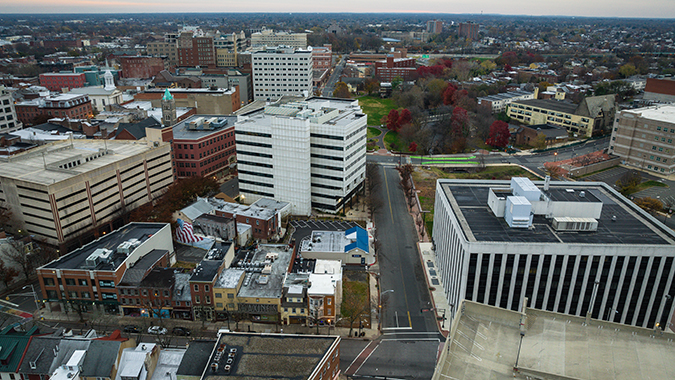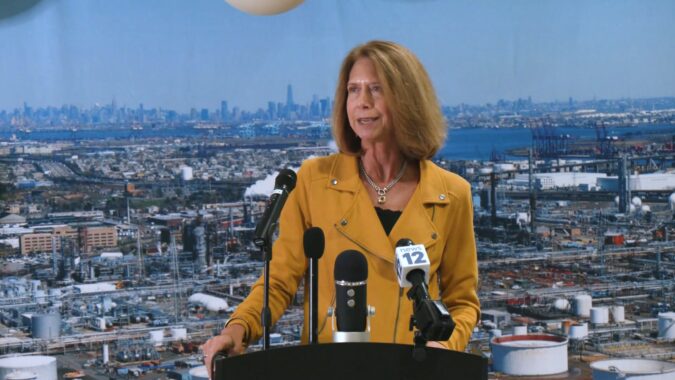Gov. Phil Murphy on Tuesday gave final approval to a unique three-month spending plan to fund the now-extended end to the FY 2020 fiscal year as legislators gear up for the much harder task of crafting a nine-month spending plan for FY 2021, which will now start on Oct. 1.
The $7.6 billion spending plan approved Tuesday will pay for state operations for July, August, and September under the new budget schedule.
Murphy and the Legislature are facing an unprecedented $10 billion shortfall in state tax revenues as a result of most of the state’s economy being shut down for so long to prevent the spread of coronavirus.
NJBIA Vice President Chris Emigholz said the three-month budget does not borrow money or raise taxes, and credits lawmakers and the Murphy administration for building up the state’s budget reserves, known as the “rainy day” fund, for making the process easier.
“We are certainly in a ‘rainy day,’ and using those funds now makes sense to balance the budget,” Emigholz told lawmakers when he testified on the bill.
He also commended the spending cuts in the short-term bill, but NJBIA stopped short of supporting it for fear that those cuts do not go far enough. As Emigholz noted, if lawmakers had cut spending more deeply now, the FY 2021 budget would not have to be cut as deeply. The short-term budget bill includes too many deferrals to the next budget that may come back to haunt us. For example, earlier furloughs and a more meaningful wage freeze for our public employees would have helped.
The administration and legislators will have to find deep cuts or alternate ways of financing state operations. For his part, Murphy has asked the Legislature for the authority to borrow money for operating expenses to bridge the gap, even though that is generally prohibited. And like governors in many states, Murphy is hoping the federal government will provide funding just to make up some of the lost state revenue.
“The fiscal impacts of the COVID-19 pandemic are as unprecedented as this public health emergency itself,” Murphy said in a news release. “As we move forward toward the nine-month Fiscal 2021 budget, our choices will have an even bigger impact. But, make no mistake, we cannot just cut our way forward. We must have the flexibility to borrow essential funds to secure the core services we will rely upon as we emerge from this pandemic, and we need direct assistance from the federal government. Absent those, the tough decisions we have made now will pale in comparison to those which lay just around the corner.”
The borrowing bill that passed the Assembly was rumored to be heard this week in the Senate but it is still being negotiated. NJBIA understands the need for limited borrowing to be a small part of the solution to our fiscal crisis and hope greater constraints come out of these ongoing discussions.
According to the Governor’s office, the budget authorizes the deappropriation of nearly $1.2 billion in funds enacted in the FY 2020 Appropriations Act, does not include nearly $850 million in new spending proposed in the Governor’s February budget message, defers a number of significant payments and does not include any new revenue raisers.



